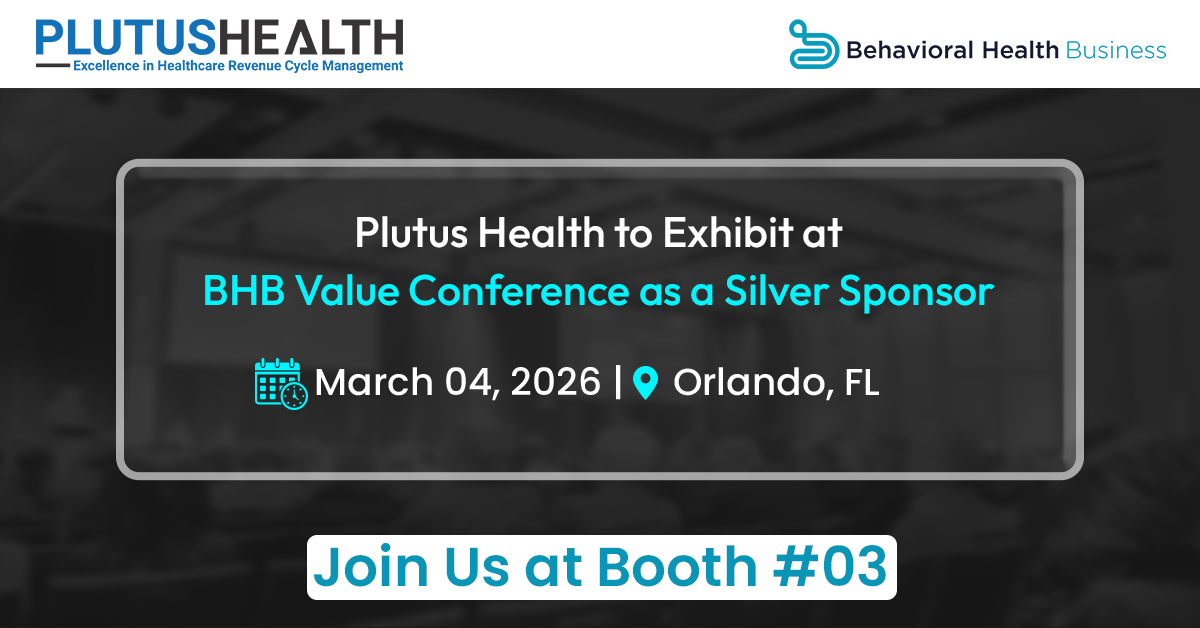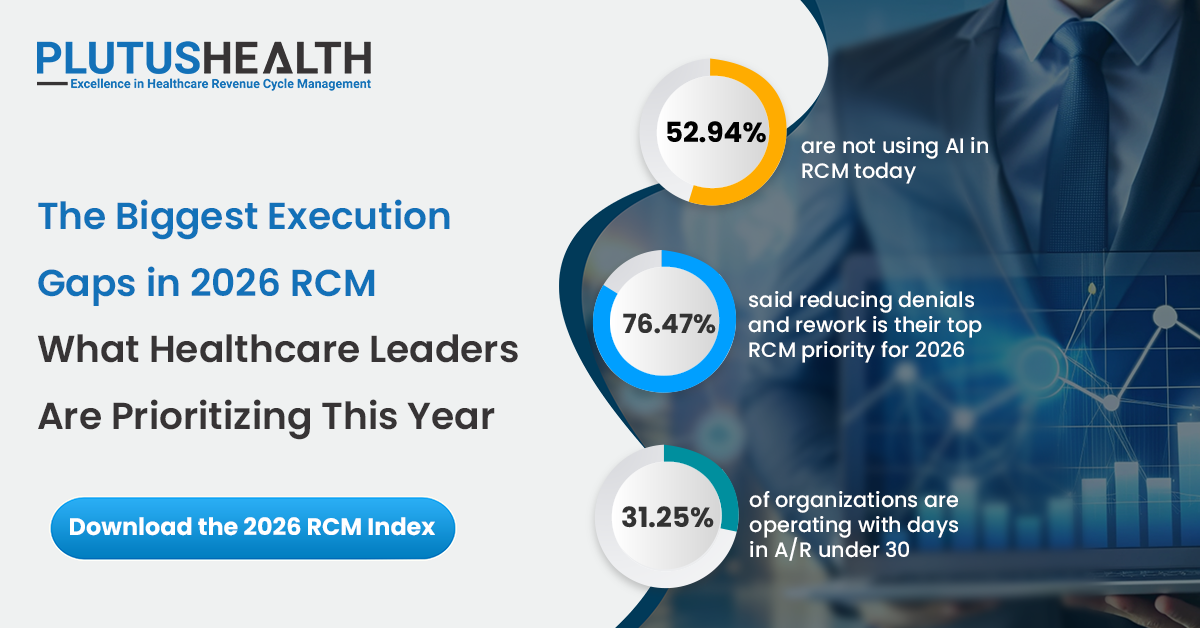How Technology Turns the Tide on Uncompensated Care
Unpaid medical services put enormous financial pressure on the healthcare industry. And the pandemic has expanded this financial toll. Many patients have lost their jobs and consecutively their employee health benefits. They are no longer able to pay their healthcare costs. This, combined with a surge in new patients due toCovid-19 has compounded uncompensated care.
But with the rise of new healthcare technology, billings train can be reduced. Typically, medical automation systems help providers by streamlining processes quicker than a human worker. As hospitals adopt these new methods, their efficiency increases.
To improve revenue cycle management (RCM), providers must commit to the best tools at their disposal. Here’s how technology can positively impact healthcare costs.
Eligibility Determination
When done by hand, determining a patient’s eligibility for coverage is highly time-consuming. Public healthcare requirements differ from private requirements, and each company has its own set of standards. Artificial intelligence (AI) is coming into the field to improve efficiency. In the context of eligibility, AI can do a few things.
● Discover which patients need care first
● Find which coverage patients have even without an insurance card
● Create a structured schedule to get those patients medical care quickly and have checkups afterward according to their need
● Allocate resources toward medical projects that have a high chance of success
A health system in Idaho saved 60 staff hours by adopting an automatic financial screener. This screener was 88% accurate and required minimal input from patients. Such programs are crucial in avoiding unnecessary charity write-offs.
Outsourcing eligibility determination is a fast and seamless way to check if your patients are covered before you provide care. This automated process gives your medical office the time to focus on other important matters while fully confident that patient eligibility is taken care of.
Bedside Tablets
Tablets are an integral part of a modern physician’s workday. These devices combine technology and healthcare with programs that seta strict, efficient workflow. Once in the room with the patient, the tablet provides a clear list of questions and follow-up questions.
This automated process helps determine what care the patient is eligible for. It also gives Physicians quick access to patient information so they can efficiently identify where the patient needs care and move them onto the next step.
This process helps avoid leaving out crucial information. With online storage, these tablets can instantly archive the patient’s data for any facility they use in the future. It also gives doctors the knowledge needed to offer faster advice and relieves the patient from unnecessary financial burden.
Online Options
With the difficulty of finding a spot in a hospital, many patients experience long waiting periods. Those who are admitted frequently find the staff unable to help them to the level required. This frustrating patient experience also extends to accessing administrative information.
Thankfully, there is a helpful alternative to this situation. Websites allow patients to fill in information from their homes. While these programs sometimes struggle to ask every question correctly, constant QA testing improves them every day. Before care, patients can find what coverage they qualify for and price shop accordingly. After care, they can get the help they need covering their bills.
Having clear, accessible financial information reduces stress and boosts satisfaction. Once patients understand their coverage, they can contribute far more knowledge to a health system.
Knowledge Boosts
The rise of data analytics in healthcare has given us access to a level of information unheard of prior. As such, physicians can provide personalized care. This care increases efficiency and the chances of successful treatment. The sooner a patient is helped, the less they are required to pay.
AI analyzes healthcare data and finds connecting patterns. These patterns help treat people with similar conditions to previous patients. Physicians can observe similarities between a diagnosed case and an undiagnosed one. Recognizing these signs early is crucial for disease prevention. Both care effectiveness and bill payments improve with more data.
Outsourced Services
If you’re looking for technology to quickly track patient records, determine eligibility, manage claims, and much more, consider outsourcing these services. A competent RCM organization can advise your staff on implementing technology that will speed the process and reduce patient debts and denials.
Plutus Health offers end-to-end RC solutions and works with you to increase your overall revenue. If you are struggling with billing, collection, and management, our expert team takes care to get the fastest reimbursement possible and increase your practice’s performance.
Key Takeaways
1. Artificial intelligence provides an easy way to gather information and creates workflows.
2. Bedside tablets give doctors a clear list of where to go and what to ask.
3. Websites reduce the stress on physical locations and present all necessary information.
4. More information gives providers the tools to treat patients in a specific, efficient manner.


.png)

















































